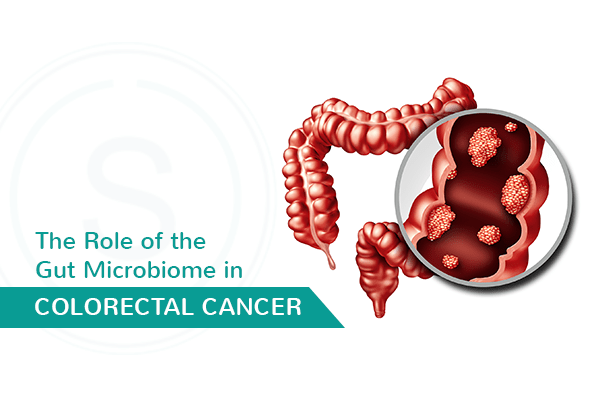The Gut Microbiome and Colorectal Cancer: How are they linked?
Colorectal cancer (CRC) is one of the most commonly diagnosed cancers which is ranking in the top 3 for cancer-related deaths. Recent research studies show that the gut microbiome plays a major role in the occurrence and development of colon cancer or colorectal cancer. However, Dr. Parameshwara C M, the chief of SMILES Bangalore explains how these gut bacteria and colorectal cancer are correlated.
The gastrointestinal tract or gut is a home of complex and diverse microbiota that contributes to the overall human physiology. In particular, the gut microbiome (microbiota) is a community for all the microorganisms inhabiting a specific site of the body including pathogens. Intestinal dysbiosis or microbial imbalance contributes to the development of human illness such as Colorectal Cancer, Inflammatory Bowel Diseases, and Obesity.
The mechanisms of gut bacteria that promote CRC are complex to understand, but the colorectal surgeons suggest that a connection between the gut microbiota and CRC as well as diet and inflammation play a role in carcinogenesis. It is also said that the gut bacteria interact with dietary factors through direct influence on host cell physiology and leads to chronic inflammation and CRC.
Dr. Parameshwara C M, one of the experts of colon cancer explain more about the gut microbiome and colorectal cancer.
Gut Microbiome and Colorectal Cancer
Chronic inflammatory intestinal disorders, such as inflammatory Bowel Disease (IBD) including Crohn’s disease and Ulcerative colitis are considered to be a risk of colorectal cancer as their initiation and progression are closely linked to gut flora. In addition, the earliest studies on the relationship between gut bacteria and colon cancer were observed that the abundance of Bacteroides and bifidobacteria are associated with an increased risk of colon polyps.
Other studies were observed that a high quantity of hydrogen sulfide and bile salt-producing bacteria are associated with colorectal cancer. More specifically, due to an overabundance of Fusobacterium in the tumor compared with normal colon tissues, it is observed that fecal bacteria were elevated in CRC patients.
This specific kind of gut bacterias may affect both the risk of colorectal cancer and the growth of cancerous cells that already exist. Besides that, diet and nutritional aspects have a major impact on the modulation of gut microbiota and the toxins produced by gut microbiota results in the development of colorectal cancer and inflammatory bowel diseases(IBD).
The assessment of changes in the gut microbiome during the development and progression of colorectal cancer may influence treatment strategies in colorectal cancer patients. Analysis of the gut microbiome provides the potential to develop non-invasive diagnostic tests that would be useful for better response to the colorectal cancer treatment, especially chemotherapy and immunotherapy.
The experts of colorectal diseases at SMILES suggest that understanding not only the host and the microbiota but the host-microbiota interactions will ultimately help you move with healthy colon and prevent colon cancer or colorectal cancer.
Need more information about Gut microbiome and colorectal cancer and the Best Treatment for gut Microbiome ?
Visit SMILES.

